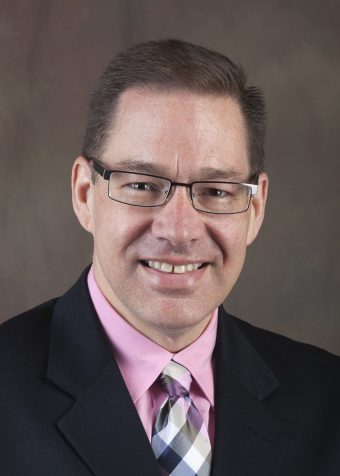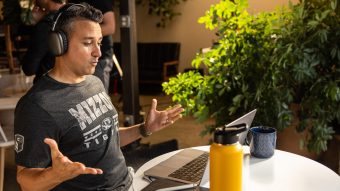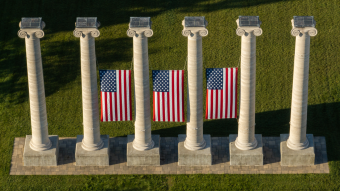Nov. 14, 2019
Contact:
Eric Stann, 573-882-3346, StannE@missouri.edu
Mitchell S. McKinney, 573-489-9709, McKinneyM@missouri.edu
The views and opinions expressed in this “for expert comment” release are based on research and/or opinions of the researcher(s) and/or faculty member(s) and do not reflect the University’s official stance.
Wednesday’s Democratic presidential primary debate will likely feature 10 candidates using their time on the national debate stage to sharpen their attacks on fellow contestants. This comes at a crucial time when only 10 weeks remain until the first votes are cast during the Iowa Democratic caucuses, the first major contest of the U.S. presidential primaries, says Mitchell S. McKinney, a professor of political communication at the University of Missouri.
McKinney, an internationally recognized scholar of presidential debates whose work in analyzing candidate debates has taken him around the world, is available to speak with reporters.

“We’ve seen in past debates where front runners Joe Biden and most recently Elizabeth Warren were the target of attacks by their fellow Democrats,” said McKinney, who also serves as the director of the Political Communication Institute at MU. “Now that Mayor Pete Buttigieg has emerged among the top tier of candidates — and especially in recent Iowa polling — it’s likely that he could also be a frequent target of attack in this debate.”
“Also, the Democratic candidates are trying to conduct their campaign for the presidential nomination at the very same time that nationally televised impeachment hearings of President Trump are underway,” McKinney adds. “The candidates will be competing for attention and trying to keep the focus on their campaign efforts while the nation is focused on what is happening with the impeachment effort.”
McKinney’s extensive research has focused particular attention on presidential primary debates, with his analysis indicating that a candidate’s debate performance at this formative stage of the campaign can greatly enhance — or hinder — one’s ability to emerge as the eventual nominee. McKinney’s work also has identified key debate strategies that candidates use to distinguish themselves from their party rivals and emerge from a large field of opponents.
McKinney has advised the Commission on Presidential Debates on how debates should be structured in order to better educate citizens on significant campaign issues. McKinney’s research was influential in the creation of the presidential town hall debate in 1992. He also served as an adviser to the 2002 presidential debate committee of South Korea as Seoul officials planned their first televised presidential debates.
In addition to advising international, national, state and local campaign debate planning committees, McKinney is the author or co-author of eight books, including “Presidential Debates in Focus.” He also has published numerous research articles on presidential debates.



